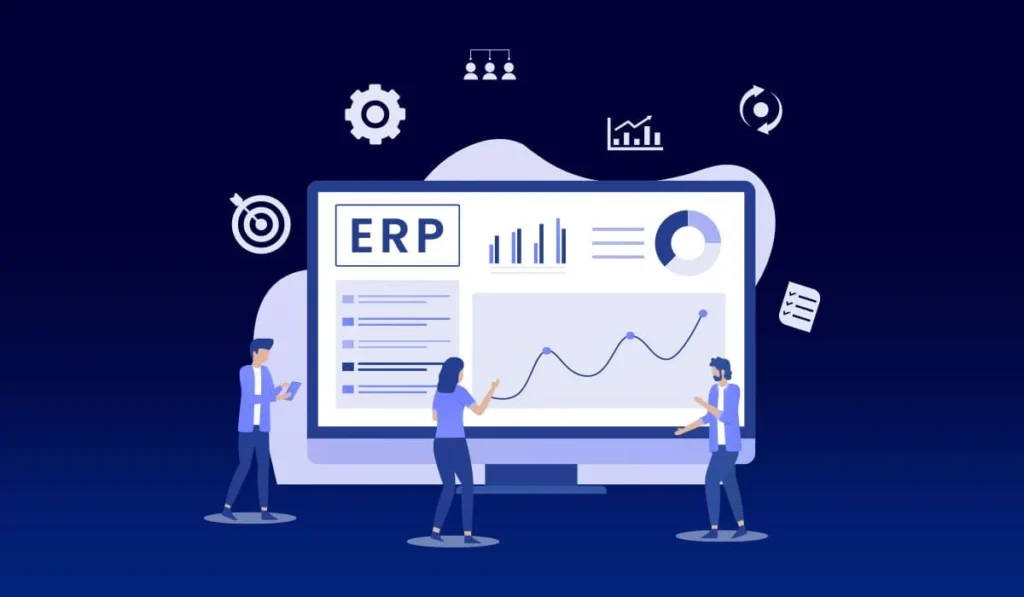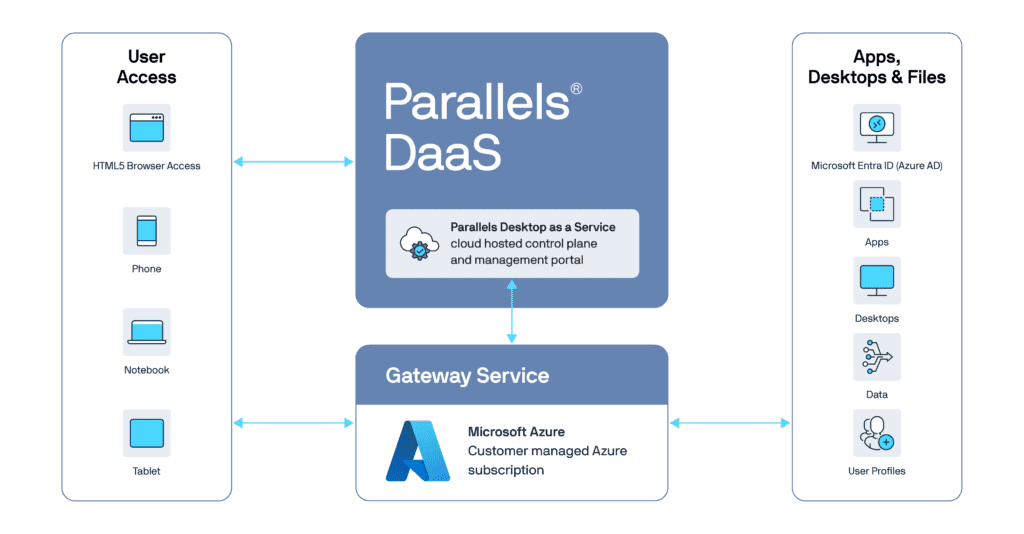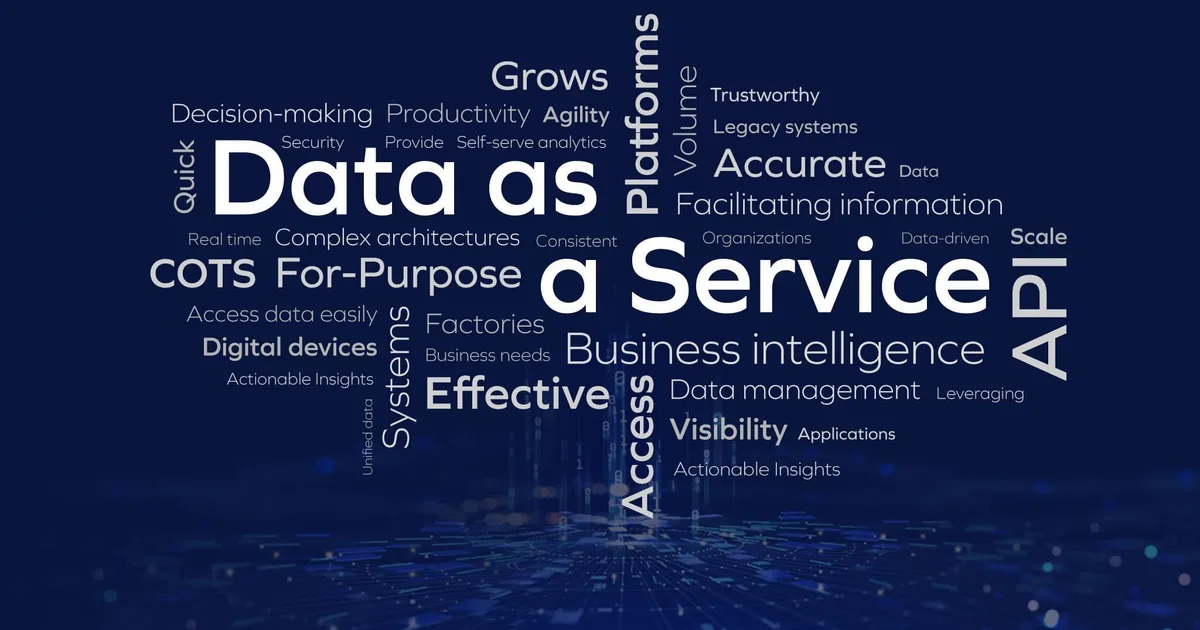Data as a Service (DaaS) 101: The basics and beyond
DaaS is revolutionizing the accessibility and management of data for organizations in a world fueled by data. Companies have now unlocked the true potential of data, going beyond the boundaries of on-premises storage systems by employing cloud-based solutions to access, analyze, and utilize data faster than ever.
Introduction
DaaS is revolutionizing the accessibility and management of data for organizations in a world fueled by data. Companies have now unlocked the true potential of data, going beyond the boundaries of on-premises storage systems by employing cloud-based solutions to access, analyze, and utilize data faster than ever. These methodologies are transforming the speed at which data is being made available for access and how business decisions can be made faster than ever before. So, what is Data as a Service, and how does it help an organization? This guide explains everything you need to know about the basics, main advantages, applications, and future impacts of DaaS.
Brief: Data as a Service (DaaS)
Data as a Service (DaaS) refers to a cloud computing service model that offers on-demand availability of data over the Internet. Companies that seek DaaS no longer have to invest in sophisticated hardware or data storage solutions. They can instead retrieve data from cloud platforms run by external service providers paying based on their consumption. This model not only is cost effective but also gives them the option of using real time data access and scalability according to the business requirements.
DaaS also assists to integrate data between departments and applications. DaaS eliminates duplication and enables collaborative decision-making by centralizing data in the cloud so that all stakeholders can quickly access consistent, accurate data.
Here are some of the top advantages of using Data as a Service (DaaS):
DaaS comes with a unique set of advantages that many of the contemporary businesses are benefiting from. Following are a few crucial benefits associated with DaaS model:
1. Scalability and Flexibility
DaaS scalability is one of the main features of this approach. For instance, traditional data management systems need substantial investments into the infrastructure to scale, but a DaaS enables companies to scale their data resources up or down based on demand. This adaptability comes in handy for businesses that have data requirements that vary in size, as is often the case with expansion. DaaS gives organizations the ability to scale, both in terms of storage and processing, as their data requirements grow, without all of the associated costs of physical storage.
2. Cost-Effectiveness
DaaS operates on a pay-as-you-go model, thus there is no need for expensive on-premises servers and complicated infrastructure. It also allows businesses to pay for the data used, making it potentially an economical alternative to expand the operations of Their organization. In addition, if data is stored in the cloud, cloud providers are responsible for data maintenance, a further cost cutting point for businesses. This model is especially useful for SMEs (small and medium-sized enterprises) that cannot afford to sustain elaborate data management systems.

3. Better Access And Integration Of Data
Historically, data has been stuck in departments, which makes it hard for teams to work together. DaaS brings all Data into one access platform, offering easy access among departments with the options to even share data among other departments. Which results in improved collaboration, more contextual decision-making, and more effective operations as per the needs of the business. In addition, DaaS will also help companies involved in data integration in order to keep combined data in a single platform.

4. Better Secured and Compliant Data
With the increase in cyber threats, one of the primary concerns of contemporary businesses is data security. DaaS providers also typically include strong security features to safeguard sensitive information, such as encryption in transit and rest, periodic backups, and multi-factor authentication. Moreover, DaaS providers typically follow protocols for data protection regulations, allowing businesses to comply with legal requirements without the headache of keeping compliance management.

How Data as a Service Works
DaaS model works with third-party organizations that manage the cloud-based infrastructure. Here is a quick overview of how DaaS usually works:
- Storage Of Data: Data is stored on remote servers provided by a DaaS provider. This server can be located in a global data center, so there is a backup server in a different place, when there is a line that is going down, back in time that happened when there was an earthquake and the end of something (it is still being investigated), losing data;
- Data Access — Users are accessing data through APIs (Application Programming Interfaces), enabling smooth data retrieval and integration to different applications.
- Data Delivery: DaaS providers make data available on-demand, enabling users to order data or purchase data sets. This process reduces the latency of data and provides the users with the latest available information.
- Data Management: DaaS solutions maintain data, perform backups, and maintain updates, freeing companies from the management of their data and allowing them to focus on the use of their data rather than the management of such data.

Conclusion
Data as a Service (DaaS) is changing the landscape for how businesses manage and leverage their data into a scalable, cost-effective solution that encourages both flexibility and access. DaaS ensure that organizations are benefiting from the full potential of data while reaping from the advantages of comprehensible data access thereby reducing operational costs and also allowing easy integration of data. With the evolution of the digital world, making a movement towards a DaaS model can give an edge to the businesses to remain flexible and data-focused in nature.
DaaS is not only a tech trend but one that is rapidly gaining many applications in numerous industries such as healthcare, retail, finance, and manufacturing. It is a strategic asset that will influence the evolution of data management for years to come. By embracing DaaS today,Organizations will be future-ready for the world that runs on data.